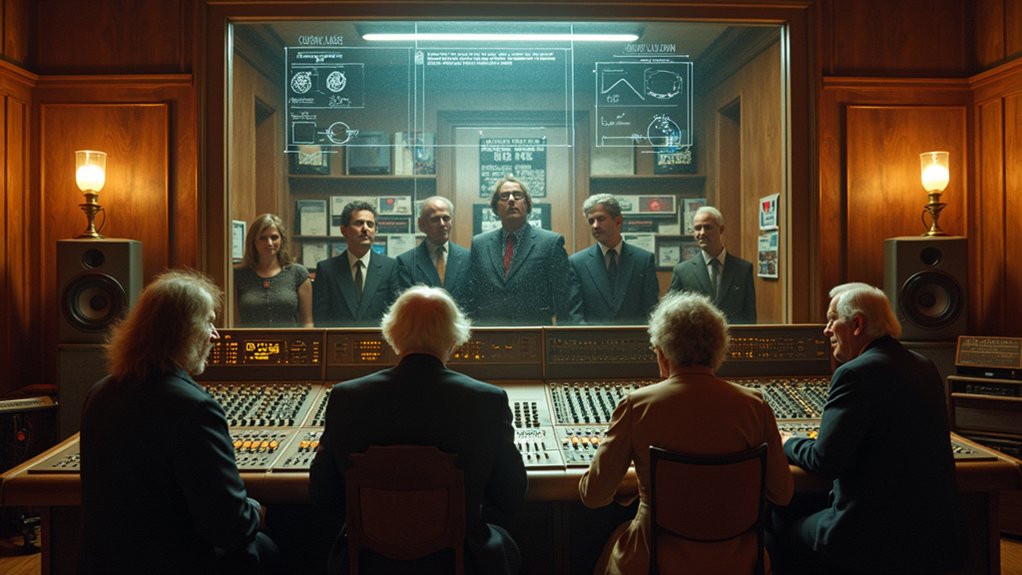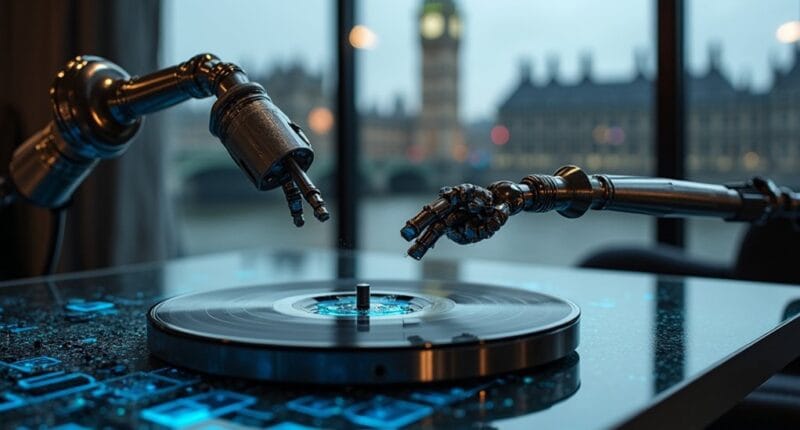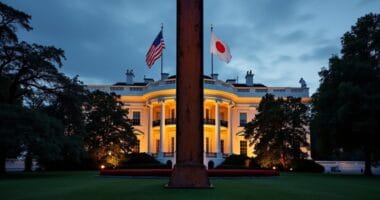British music titans Sir Paul McCartney and Sir Elton John are battling the UK government over a proposed AI copyright law that would let tech companies use artists’ work without permission. Over 400 musicians, including Coldplay and Dua Lipa, have joined the fight against this controversial legislation. The government claims it’s pro-innovation, but 90% of creators remain unaware of the opt-out mechanism. This clash between music legends and tech interests is just beginning to heat up.

As music legends Sir Paul McCartney and Sir Elton John lead the charge against a controversial AI copyright proposal, the UK government finds itself in an unprecedented battle between Silicon Valley’s interests and the creative arts.
The proposed legislation, introduced in December 2024 under PM Keir Starmer‘s “pro-innovation” agenda, would allow AI companies to use copyrighted material without asking first.
Because that’s apparently how innovation works now.
The pushback has been fierce.
Over 400 artists, including heavyweights like Dua Lipa, Coldplay, and Robbie Williams, signed a letter demanding transparency in AI training.
Some musicians got creative with their protest – literally releasing an album of silence.
Technology Secretary Peter Kyle is now leading a review to develop a practical copyright plan that could bridge the divide.
Twelve tracks of absolutely nothing.
Talk about making a point.
The House of Lords isn’t having it either.
They’ve twice voted to force AI companies to disclose when they’re using copyrighted materials, with a decisive 272 to 125 vote in May 2025.
It’s a major blow to the government’s plans and a win for artists who’ve been screaming into the void about their rights.
Here’s the real kicker: about 90% of creators don’t even know they can opt out of having their work used by AI.
And even if they did, good luck trying to notify every AI service on the planet.
It’s like trying to catch smoke with your bare hands – technically possible but practically impossible.
The economic implications are brutal, especially for smaller artists.
Thousands stand to lose licensing income to AI programs, and good luck taking on tech giants in court with an indie musician’s budget.
The Creative Rights in AI Coalition (CRAIC) is fighting back, providing templates for contacting MPs and rallying support.
While the government claims these changes will create “exciting opportunities for innovation,” the creative community sees it differently.
The government faces a challenging balance as the creative sector added £125 billion to the UK economy last year alone.
As Ed Newton-Rex, a musician and CEO, pointedly noted, no opt-out scheme can protect all downstream copies of an artist’s work.
It’s a simple truth that’s getting lost in the rush to turn the UK into an AI superpower.





